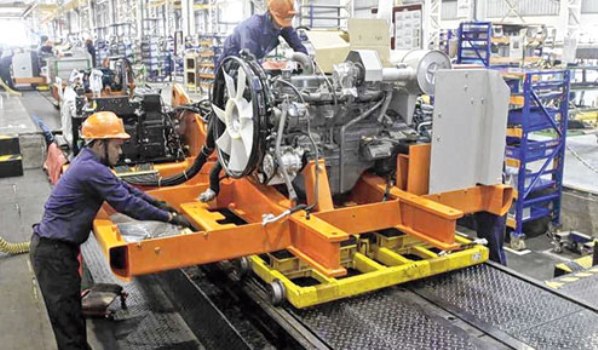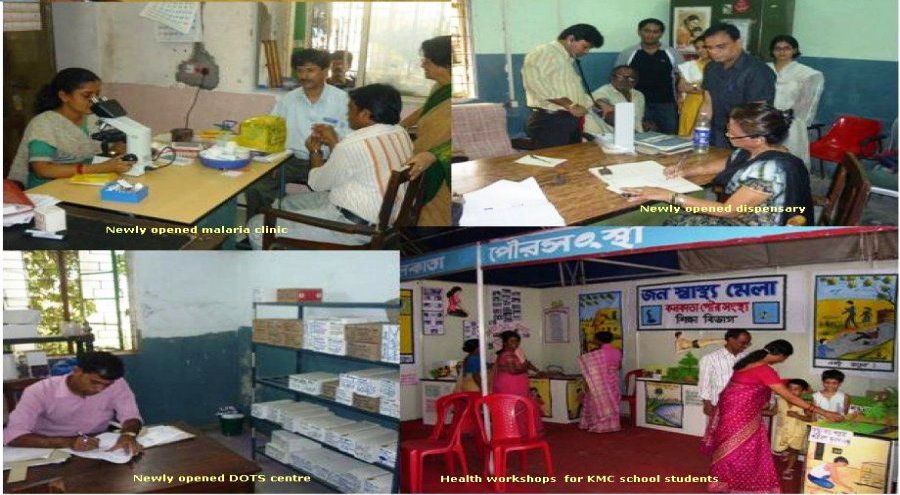The Trinamool Congress board at the Kolkata Municipal Corporation (KMC) is out to tame vector borne diseases as they might cause embarrassment to the Mamata Banerjee government prior to the assembly polls next summer.
The KMC’s health department has organised a workshop for all private medical practitioners to sensitise them on the new guidelines on clinical management of dengue – a potentially fatal disease. The National Vector Borne Disease Control Programme (NVBDCP) director would be the main speaker of the sensitisation workshop at Uttam Mancha on August 1.
Earlier, in February, all civic councillors, medical officers and selected health field workers attended an awareness camp on vector borne diseases at Uttam Mancha. KMC authorities are inviting around 800-900 private medical practitioners across Kolkata for the August 1 workshop.
The workshop would also be a refresher course for the medical officers. It is the medical officers and health field workers who take on the challenge on the ground to minimise the attack of vector borne diseases. So, it becomes necessary for us to sensitise them at regular intervals.
KMC authorities have invited 10 neighbouring municipalities in a bid to chalk out a combined fight against malaria and dengue. KMC’s health department has called a high-level meeting with chairmen or representatives of neighbouring municipalities at the civic headquarters on Thursday.
“Combating mosquito-borne diseases cannot be done alone. So, we want to involve our neighbouring municipalities to ensure a malaria and dengue free city,” Atin Ghosh, Member, Mayor-in-Council (Health), said.
KMC has been seeking funds from the Centre to beef up infrastructure in these municipalities. Joint secretary of the Union health ministry who looks after the National Urban Health Mission is coming to Kolkata on August 1 and a meeting is scheduled with all stakeholders, which includes all these neighbouring municipalities also.
KMC health department officials want to train the officials of the neighbouring municipalities on Thursday prior to meeting the Union health ministry bosses. This meeting could pave the way for central funding for infrastructure development.
The neighbouring municipalities include Howrah, Madhyamgram, North and South Dum Dum, Bidhannagar, Rajarhat Goplapur, Mahestala, Sonarpur and Baruipur, among others.








